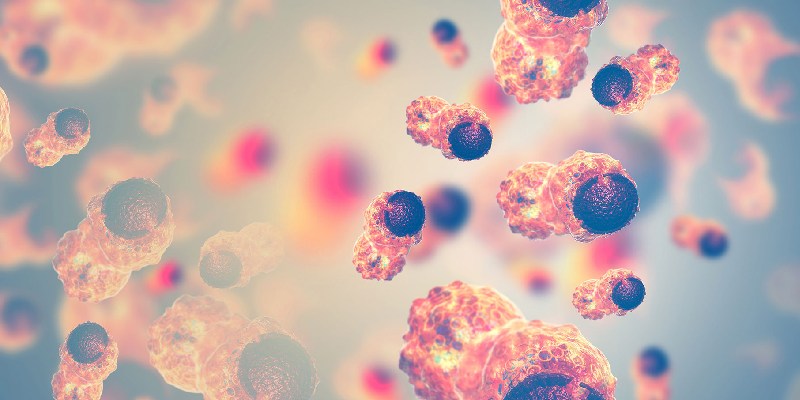
For the Infected Blood Inquiry useful support and guidance please visit our dedicated page.
Leeds Pathology Services are based across three hospital sites at the Leeds Teaching Hospitals NHS Trust: The Leeds General Infirmary, Chapel Allerton and St James’ University Hospital – a large teaching hospital Trust with an international reputation for expertise in both general and specialist services.
Pathology CSU vision statement
“The Pathology CSU will be a leading service of excellence, responsive to patients’ needs, providing an environment for our valued teams that promotes innovation and engagement”
As a centre for excellence and innovation, Leeds Pathology not only deliver services within the Trust, we also offer our services to GP’s, other NHS Trusts, and commercial and academic institutions, providing tailored services that are highly responsive to our customers.
Many of the services we provide are UKAS accredited and clinical professionals can request our analytical and interpretive services from a range of disciplines.
Laboratory Services
- Clinical Genetics
- Research in Clinical Genetics
- Microbiology
- Cellular Pathology
- Blood Transfusion Services
- Blood Sciences
- Genetics Lab
- Specialist Laboratory Medicine (SLM)
- Solid Malignancy Diagnostic Service (SMDS)
We passionately believe in offering a world class service through our team of more than 740 dedicated professionals.
To discuss your individual business needs or the prices of our tests at Leeds Pathology, please contact our customer support team at: [email protected]